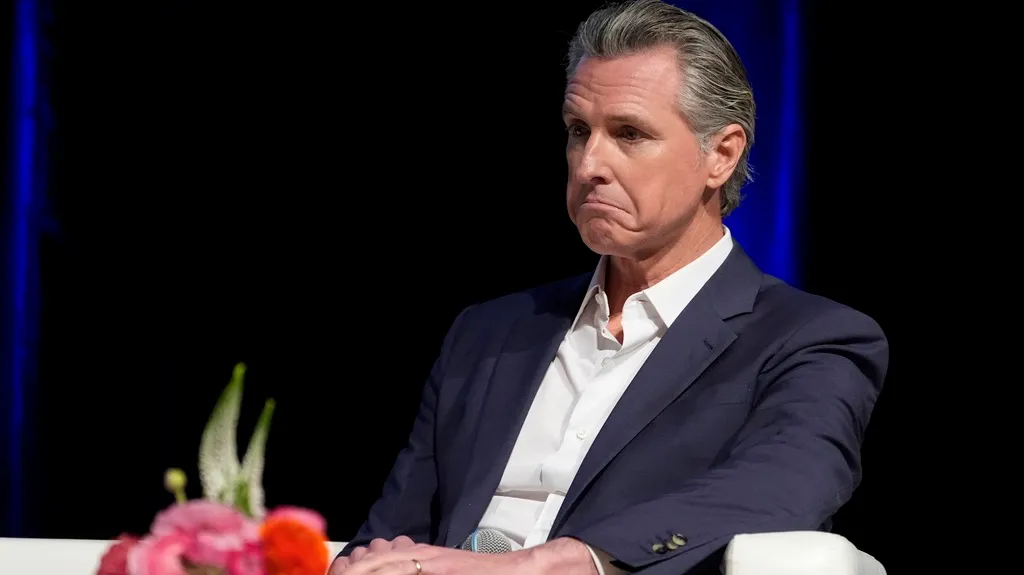June 4, 2014
Transgender Man Sues NYC Over Locker Room Access
Jason St. Amand READ TIME: 2 MIN.
A transgender man who said he was harassed and then humiliated after he was booted from a male locker room at a public pool has sued New York City.
Bryan Ellicott, a 24-year-old city employee, said that after he entered the changing room last July, Parks Department workers got what he called a "complaint" about his presence and ordered him to leave and use the women's section.
"They harassed and humiliated me," he said at a news conference in front of State Supreme Court in Manhattan Tuesday. "No one deserves to be treated that way."
Ellicott, who works for the city's Office of Emergency Management, said in court papers filed Monday that his civil rights were violated when three Parks Department staff members discriminated against him based on his transgender identity. He's asking for unspecified damages.
He's also asking the court to rule that the city's human rights law protects all transgender people in restrooms and locker rooms.
The Parks Department referred requests for comment to the city's Law Department, which said it will review the lawsuit when served.
Michael Silverman, Ellicott's lawyer with the Transgender Legal Defense and Education Fund, said Ellicott's case is not unique.
"This happens to transgender people all the time all over New York and all over the country," Silverman said. "It may sound simple to just use the bathroom but when you can't, it makes your life awfully complicated."
Ellicott is transitioning from female to male, taking hormone replacements, but has not yet had sex-reassignment surgery, according to the documents. He has a New York State driver's license that recognizes him as a man.
The Manhattan resident was raised in Staten Island, where he returned last July 21 to use the pool. He wore male swimming trunks and a T-shirt that covered up the binder that compresses his chest.
Ellicott said it wasn't the first time he was confronted in a men's facility. In 2012, he said he was assaulted in a Manhattan bathroom, but the culprits were never found. He says he now avoids public locker rooms and restrooms because they make him anxious, and has trained himself to wait for hours rather than risk confrontation.
When he's forced to use a public facility, he says he either goes in with male friends or keeps in touch with female friends outside through text messages.


